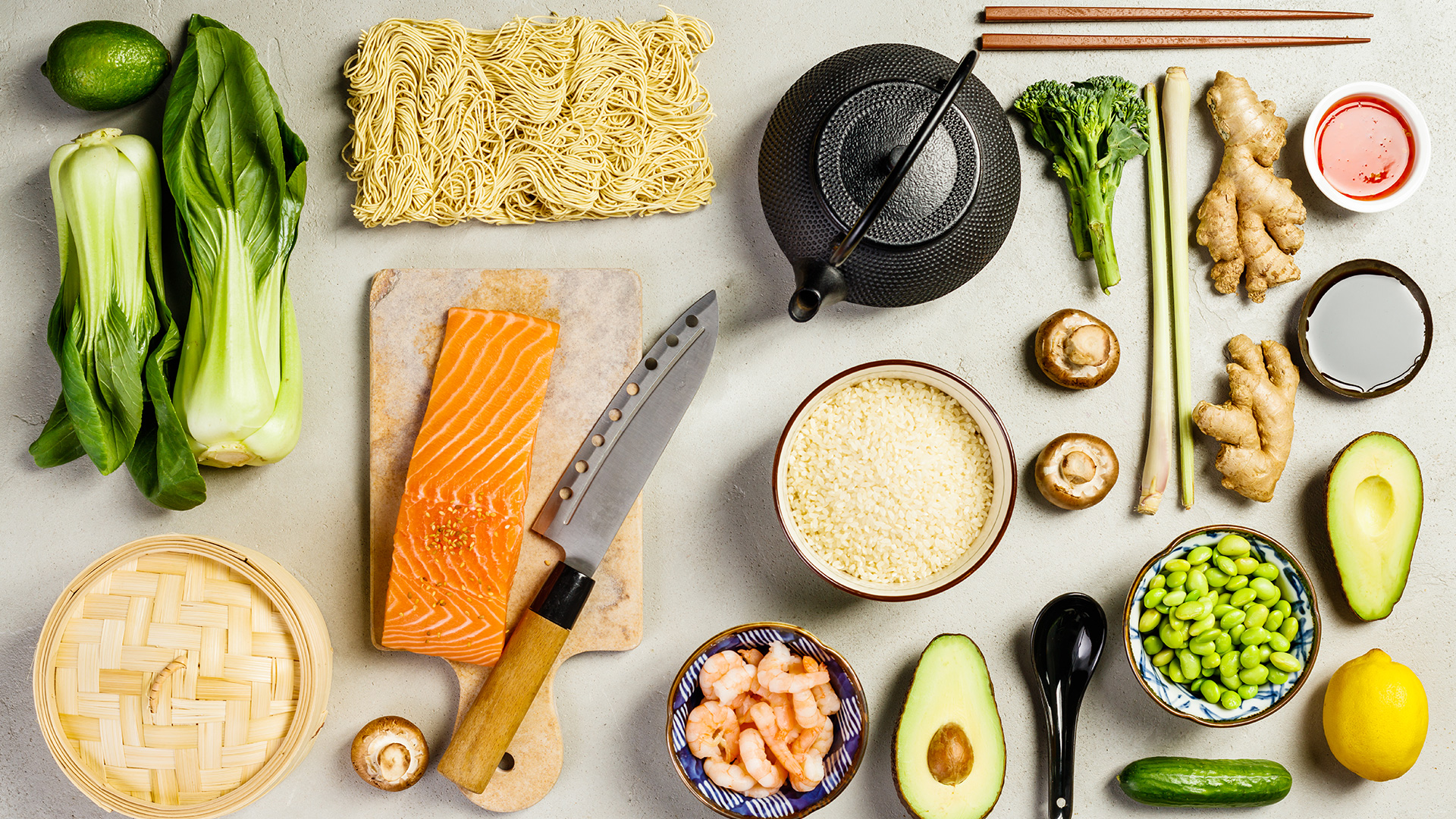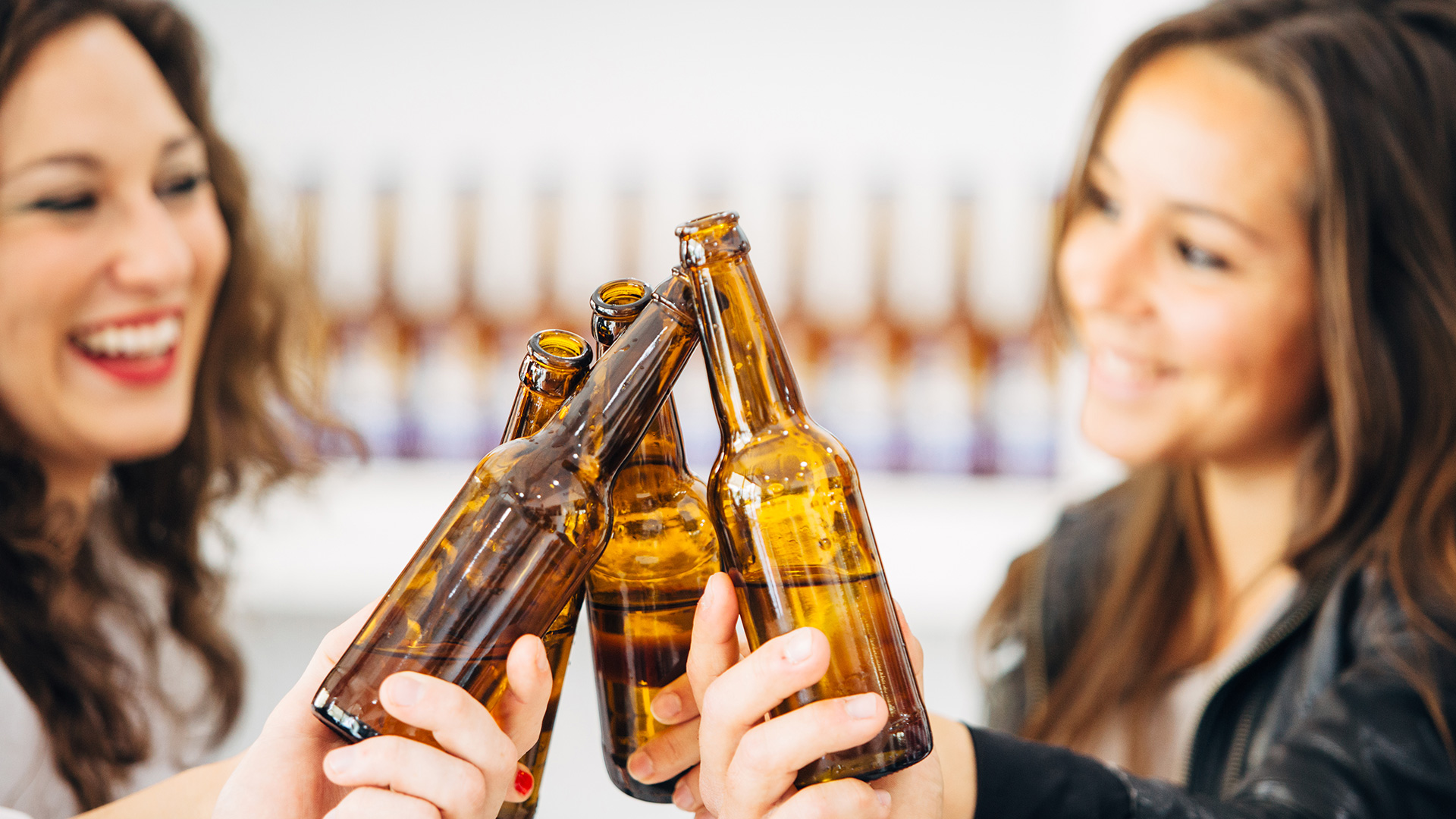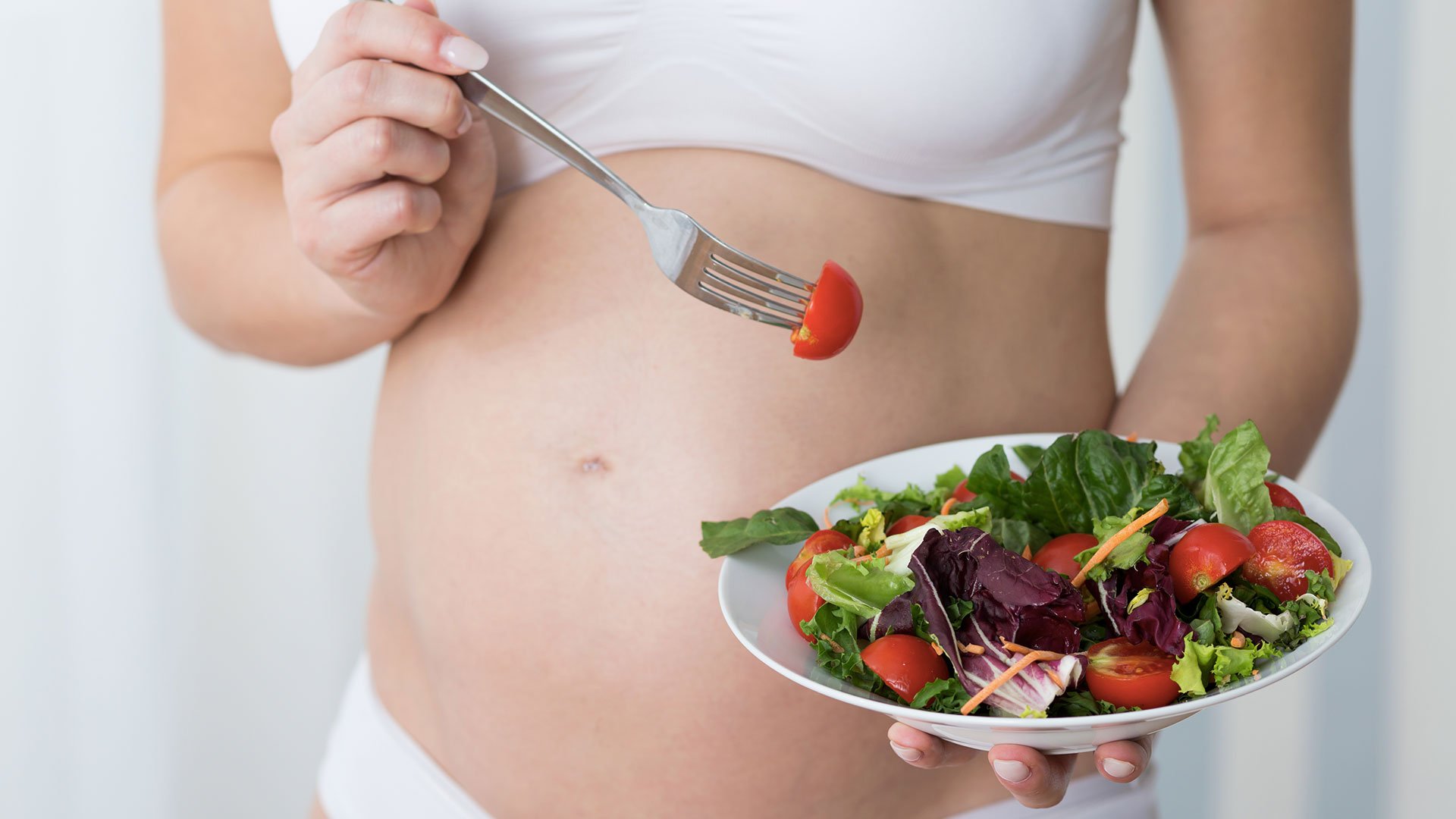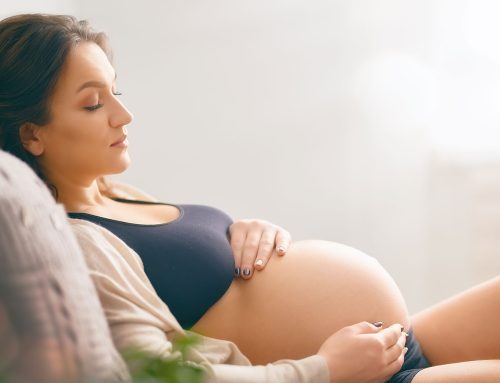‘First comes love, then comes marriage, then comes baby with the baby carriage….’
So you are planning to have a baby? Being pregnant is one of the most exciting and challenging times in a woman’s life. There is much preparation to be made – from establishing a fitness regime to avoiding hurtful addiction and many more. Your environment and the food you eat during pregnancy can affect your baby. Pregnancy is a time for growth and additional demand for nutrients as extra energy is needed to support the metabolic demands of pregnancy and foetal growth. Let us go through the ABCs of pregnancy diet so as to give your baby a healthy start.
A- Additional
You may have heard of the ‘eat for two theory’ – it is the assumption that just because you are pregnant, you ought to be eating an extra bowl of rice or noodles to feed the additional ‘mouth’. This theory is incorrect! Instead of doubling the portion of food intake, a pregnant woman needs to provide good nutrition for two individuals.

Energy requirement varies among individuals and it is generally recommended that pregnant women add their daily intake by 300kcal. To put it into context, that equates to:
- 2 slices of wholemeal bread with cheese OR
- 200g yoghurt with 45g of muesli OR
- Additional ½ a bowl of rice or additional ½ bowl of noodles for dinner OR
- 1 glass of skim milk, 1 palm size of lean meat/chicken/fish and 150g yoghurt
B- Best foods
During pregnancy the best foods to eat would be those that are high in fibre, low in fat, sugar and salt. This can help reduce the risk of complications (diet related) during pregnancy such as gestational diabetes, pregnancy-induced hypertension (preeclampsia), nausea, vomiting, heartburn and constipation.
It is important for pregnant women to have a healthy-balanced diet, which contain something from all the food groups: dairy products, fruit, vegetables, fish, meat, eggs, fat and carbohydrates. By doing so, she is able to get the right amounts of energy. Use the healthy eating pyramid as a guide in making food choices and at the same time bear in mind that variety is very important.
At the bottom of the healthy eating pyramid are foods that should be eaten most because they are low in fat, high in fibre and best to ‘fill you up’. Some of the preferred sources of carbohydrates are wholegrain cereals, high fibre breads, long grain rice (basmati rice), brown rice, noodles and pastas.
At the centre of the pyramid are foods that should be eaten moderately and most of them are rich in protein and a variety of vitamins and minerals. Some of the preferred sources of protein are lean meats, fish, chicken, seafood, eggs, tofu, beans, legumes, nuts, seeds and low fat dairy products. Do not forget to include two servings of fruits and vegetables daily.
Foods that should be eaten least are the ones at the top of the pyramid. This is because these foods are high in sugar, fat, salt or alcohol. Although good fats are important, it should be taken in very small amounts because our body receives its dose of fats from our regular diet anyway. The last thing you want is to gain excess weight during your pregnancy!
Three other important nutrients to take note of during pregnancy are folic acid, iron and calcium. Folic acid needs increase during pregnancy to meet the demands of the growing maternal blood volume. The consequences of folic acid deficiency are neural tube defects such as spina bifida and possibly anaemia in the mother. Folic acid can be found in green leafy vegetables, wholegrains, eggs, nuts and liver. Diet alone is not likely to provide enough folate. Therefore, folic acid supplement is recommended in the first trimester.
During pregnancy, blood volume is markedly increased therefore the demand for iron is proportionately increased. Iron promotes haemoglobin production to deliver adequate oxygen supply to the foetus. Iron can be found in lean red meats, skinless chicken, pork, fish, liver, beans, legumes, wholegrains and green leafy vegetables. Iron is best absorbed with the aid of vitamin C, which can be found in fresh fruits and vegetables.
The formation of healthy bones and teeth is highly dependent on calcium and vitamin D intake. The foetus draws its stores for the mother, therefore the mother’s diet must provide sufficient amounts or else the mother’s bones can become brittle! Calcium is found in milk, cheese and yoghurt. These are the best absorbed sources. It is also found in fish with edible bones such as sardines and canned salmon, anchovies (ikan bilis) and calcium fortified foods such as tofu, bread and soy milk.
The quantity of foods is just as important as its quality. Therefore, cooking methods are crucial too. Steaming and boiling are the best preparation methods but most mum-to-be would find it boring and not palatable for their taste buds. Instead, experiment with different cooking methods like stir-frying, grilling, braising, stewing and baking. These cooking methods are considered healthy as long as ‘little’ oil or fat is used. Little means anything less than 1 tablespoon for each dish. A healthy diet need not be tasteless and dull.
C- Commonly asked questions
One of the most common questions asked by women during their pregnancy is whether or not to drink coffee?

Caffeine’s effect on pregnancy is one of the most researched of all health subjects. Many studies have shown that it is safe to drink coffee during pregnancy as long as it is being consumed in moderation – 200mg a day, which is equivalent to 2 cups of regular coffee. Do note that tea, cocoa and chocolate also contain caffeine. Therefore, should be taken in moderation too.
Other than coffee, pregnant women are also concerned about consuming artificial sweeteners. It is safe to take low-calorie sweeteners in moderation – unless otherwise advised by physicians. Aspartame found in Equal and Acesulfame-K found in Sweet-N-Low are considered safe for consumption. However, caution is needed for mothers with phenylketonuria – they must avoid consuming artificial sweeteners at all times. The main health issue for pregnant women who use artificial sweeteners is that they may be missing out on more nutritious foods and beverages.

Another popular question among pregnant women is about the consumption of alcohol. Although many women are aware that heavy drinking during pregnancy can cause birth defects, many do not realize that moderate, or even light drinking may also harm the fetus. It can cause physical and mental birth defects. In fact, no level of alcohol use during pregnancy has been proven safe. So why take the risk? The nine-month pregnancy period can be a very stressful time for most women, be it physically, mentally and emotionally (especially for first-time mums). But the good news is that the excitement and anticipation of a newborn healthy child gives women lots of motivation to chuck all their bad habits aside. Just think of it as the perfect time for a complete diet makeover and better still if you can maintain all the good habits even after the pregnancy.[/vc_column_text][/vc_column][/vc_row]


